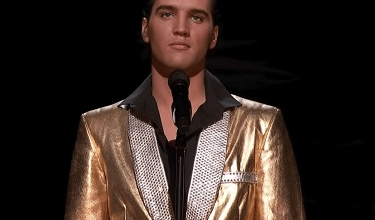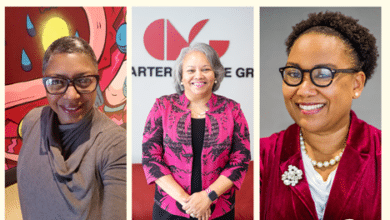A Coruña showcases specific bespoke professions for metaverse

By Ana Martínez and Miguel Álvarez
A Coruña, Jun 2 (EFE).- Humans have still yet to experience everything that the metaverse is capable of, but at the Ecosystems 2030 forum hosted by the city of A Coruña in north western Spain, executives from companies participating in the technology summit presented Thursday the alternate world with specific bespoke jobs.
Adipat Virdi, a specialist in digital immersion and former manager at Facebook, is convinced that “in the short term there will be jobs to build the metaverse,” but in the long term there will be “specific bespoke jobs.”
The cornerstone, in his opinion, lies in the “basic skills” that must be learned first.
The expert, one of the speakers on the first day of the forum, staunchly believes that in the medium term the objective is to create new opportunities with existing industries. And in the long term, “there will be specific bespoke jobs only found in and for the metaverse.”
One of the main challenges he sees today is interoperability, coordinating the work so people have choice.
“The goal is for people to be able to truly have personalized experiences, but we’re not quite there yet. And secondly, systemically, organizations are not geared up to take advantage of what immersive can offer them.”
On the question of whether people in general know what the metaverse is, he says that he talks to a variety of organizations on a daily basis and each one describes their concept of digital transformation in their own way.
In that sense, his own definition is that of a “pervasive” connected environment that coexists with the real and digital worlds.
“One key thing we need to understand is that the metaverse is not a technology,” he said. “It’s a solution, it’s an opportunity, it’s an ecosystem. At the moment we are at the beginning of the journey to understand what it is. We need to experiment and explore.”
One of the main questions that ordinary people have is how long will it be before we are all in the metaverse. Virdi already has an answer. “Today it is already possible to be in an immersive environment.”
“Metaverse implies that it’s one big environment, like the Internet but in 3D; All we are missing is an opportunity where everyone can exist in that environment. And I think we are about four or five years away when we really have the metaverse as part of our daily lives.”
However, he argues that it is not the metaverse itself that is important, because what is crucial, in his opinion, is the experiences that are had in it. “And those experiences already exist,” he said.
Trison CEO Alberto Cáceres, who participated as an immersive experience specialist, said that it consists of spaces in which “through audiovisual elements, a screen and a sound system, you are able to believe that you are in a video game.”
“You are so immersed in the environment that you lose track of where you are,” he said.
“The first thing we have to do is experiment, because it’s quite uncharted territory. I think we’re going very quickly and we’re doing well. Then we’ll be ready for the moment when our customers need it and we can help them take the leap,” he said.
Immersive spaces already exist, although with other names, popularized in art, in Inditex stores, one of his clients, or in Porsche’s virtual reality configurator, which his company also designs, for example.
“It’s already out there, but the metaverse has now given it a body and a unit,” Cáceres said.
With the advances already available to users, the executive considers, with an eye on the future, that it is essential to understand how to use them.
“The challenge is the social integration of technology because technology often advances faster than society. The challenge is for society to really be prepared to take advantage of all the capabilities that technology gives us,” he said.





